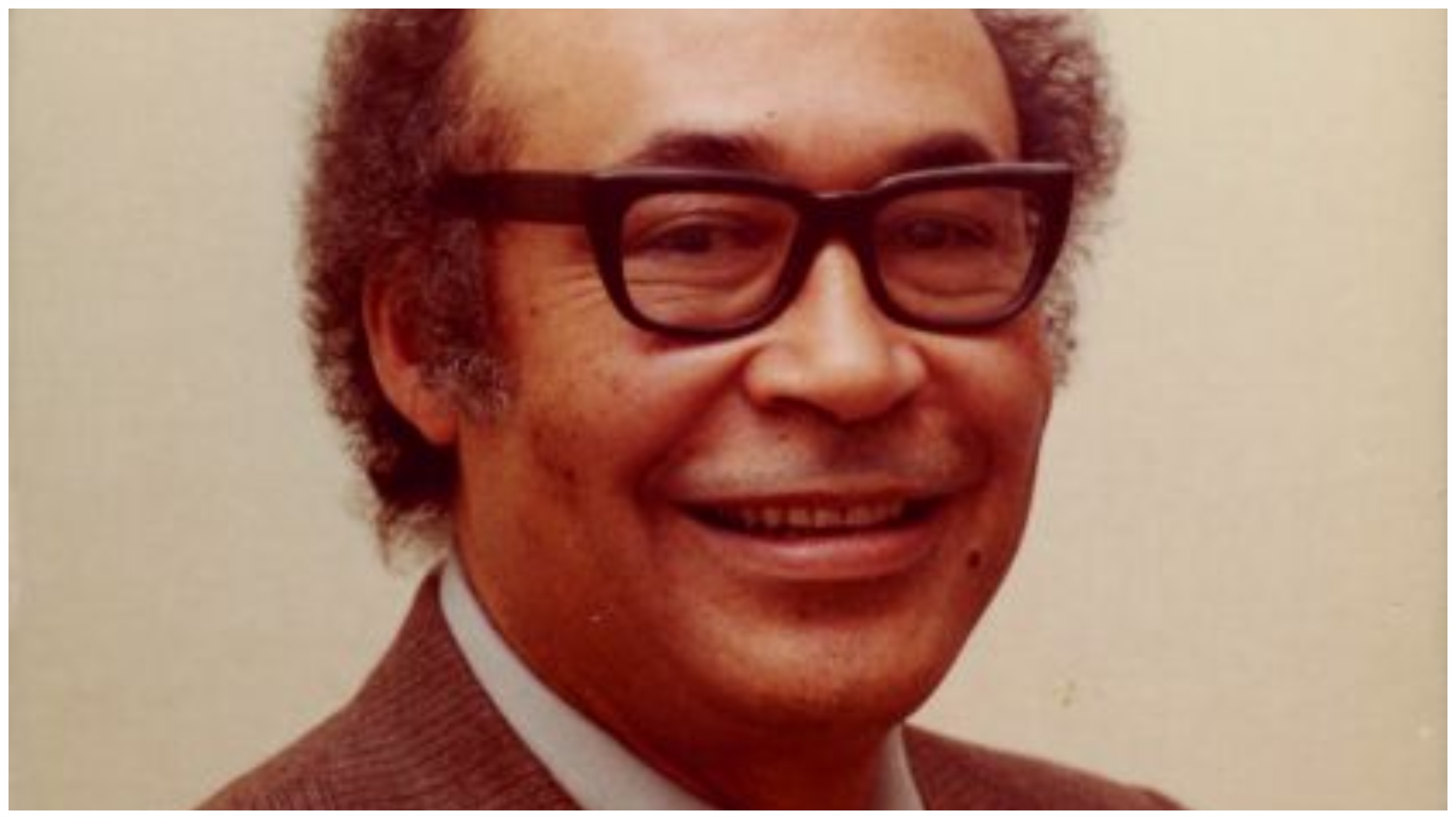Cornelius Golightly’s name stands tall in the world of education and philosophy. He didn’t just lead — he changed spaces where Black voices had long been ignored. Golightly was the first Black president of the Detroit Board of Education and also the first Black professor in Wayne State University’s Philosophy Department.
His achievements left a powerful legacy in Detroit and across U.S. higher education. Today, his work is remembered not just for breaking ground but for reshaping conversations on race, education, and public service.
A Trailblazer in Detroit’s Public Education Leadership
Golightly made history when he became president of the Detroit Board of Education. At a time when Black leaders were rare in city leadership roles, his election marked a bold new chapter. His position allowed him to directly impact public school policy in Detroit, advocating for students often left behind by the system.
He was deeply invested in improving conditions for Black students and teachers. Golightly fought for fairer policies and spoke out against unequal treatment. His leadership showed that education boards could no longer ignore the voices of those most affected by their decisions.
The First Black Philosophy Professor at Wayne State University
Golightly wasn’t only a leader in public service — he was a distinguished academic. In 1969, he took a job at Wayne State University, becoming the first Black professor in its Philosophy Department. This appointment made him one of the few Black philosophers teaching at a predominantly white institution during that era.
He served as Associate Dean and professor while also remaining active in civil rights work. Golightly’s presence challenged long-held academic norms and opened doors for future Black scholars. His influence stretched beyond the classroom into public debates about ethics, justice, and equality.
Scholar, Activist, and Advocate for Black Education
Long before his years in Detroit, Golightly was deeply involved in Milwaukee. He was the first Black faculty member in the Philosophy Department at the University of Wisconsin–Milwaukee and the first African American elected to the Milwaukee School Board.
During his time there, he worked to introduce school busing to integrate Black students and pushed for a federally funded free breakfast program for poor children in the early 1960s. Sadly, both initiatives faced strong opposition and were blocked. Still, his advocacy planted seeds for future change.
A Life Devoted to Justice and Public Philosophy
Golightly balanced his academic work with public activism. He published widely in top philosophy journals, including The Journal of Philosophy, The Monist, and Philosophy of Science. His writings tackled topics like mind-body causation, ethics, and race relations.
In more public venues, Golightly addressed issues affecting the Black educational community. His 1963 article “De Facto Segregation in Milwaukee Schools” remains a powerful piece on education inequality. He consistently challenged systems that upheld segregation and inequity, using both scholarship and public platforms.
Legacy of Courage and Intellectual Leadership
By the time of his passing in 1976, Cornelius Golightly had left a lasting mark on philosophy, education, and civil rights. His courage helped pave the way for future Black leaders in both academia and public service.
Today, Golightly’s story serves as a reminder that change happens when bold voices demand better. His life was proof that justice, scholarship, and leadership can — and should — go hand in hand.





